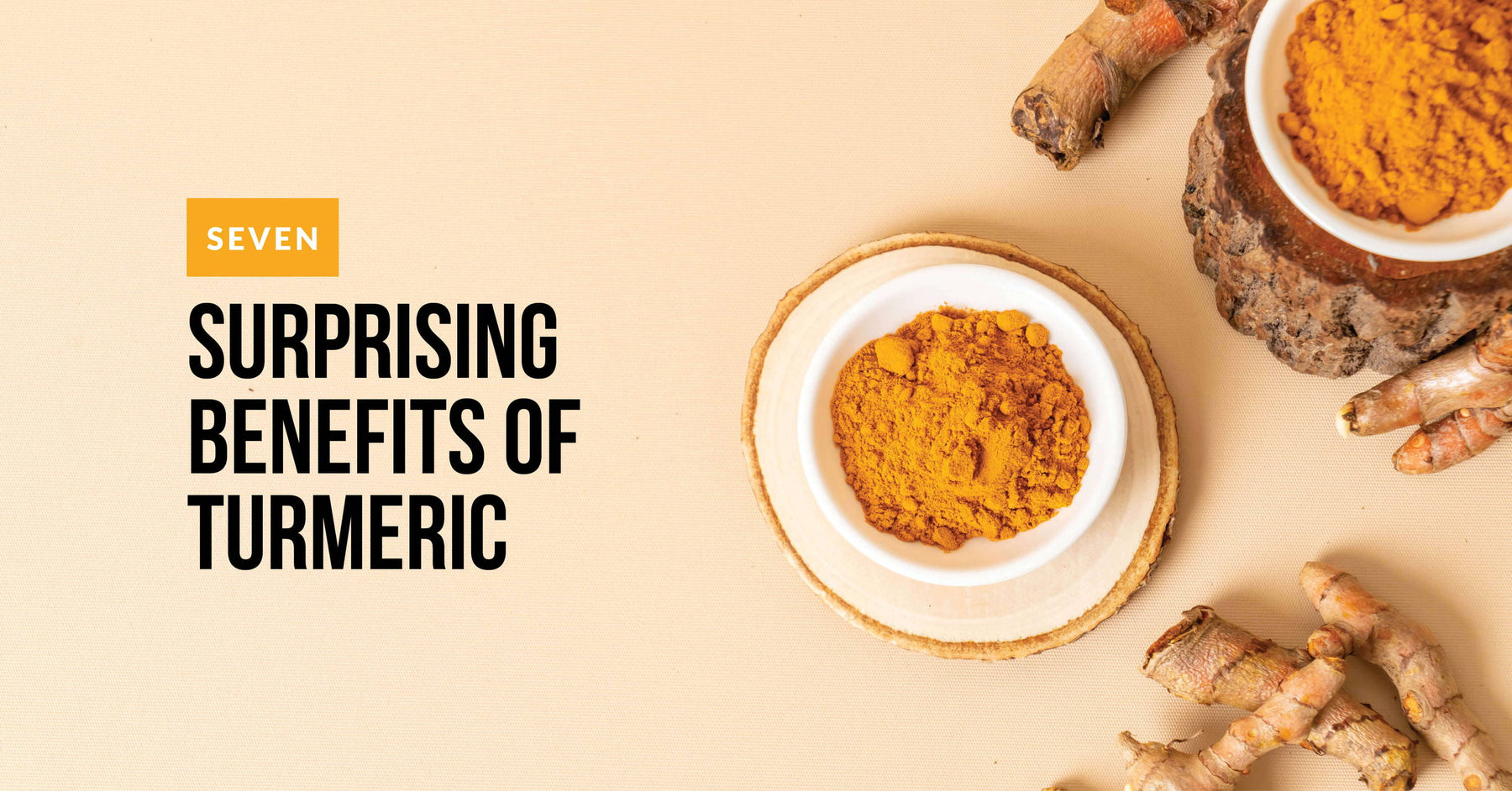4. Can Improve Liver Functions
The liver performs 500 different functions in the body—and can therefore easily become overwhelmed. I mean, can you imagine having to juggle 500 responsibilities every second of every day? No wonder it starts to lag behind sometimes!
Fatty liver disease can occur through excessive alcohol consumption or, more commonly nowadays, through sugar consumption. It is becoming very common, and increasingly common in younger people. The good news is that by fixing up the diet to avoid refined sugars and things that break down easily into sugar, you can take a big step towards avoiding fatty liver. Curcumin also helps, though! It’s been shown to lower liver enzymes which are the markers that are used to measure liver function.
So far, the turmeric you added to your curry could help with heart disease, cholesterol, liver health, inflammation, and cognitive function… isn’t the healing power of food amazing?
5. Works As Anti-inflammatory
Most people who think of inflammation think of arthritis—and turmeric, through its curcumin content, definitely helps the pain associated with this condition. In fact, it helps with Rheumatoid Arthritis as well! Its powerful antioxidant effects neutralize free radicals. Free radicals damage healthy cells and cell membranes, and they are quite prevalent in conditions like arthritis because they are responsible for causing the joint pain and damage. By neutralizing these free radicals, curcumin helps stop their spread throughout the body, protecting the cells and joints from their damaging effects. In fact, a recent study showed that the effects of curcumin on rheumatoid arthritis were comparable to those of a medical anti-inflammatory when dealing with morning stiffness and joint swelling.
Of course, the turmeric you use on your food is a great way to get the benefits. But if you’re looking for stronger effects, you can always look for a curcumin supplement, such as Natural Factors TheraCumin, to get strong doses of this amazing compound!
6. Can Improve Thyroid Functions
Turmeric is a rich source of many vitamins and minerals, including Manganese. In fact, just 2 teaspoons provides 17% of your daily recommended intake of this vital mineral. What does manganese do for you? For one, it helps maintain proper thyroid function. It has been estimated that 200 million people in the world have some form of thyroid disease. In Canada, 30% of the population suffer from a thyroid condition. Of those, as many as 50% remain undiagnosed.
The thyroid gland plays a crucial role in our overall health. If it is not operating at peak performance, it can produce life-altering symptoms that impact your health and happiness. What are some signs that your thyroid might be a bit sluggish? Dry or gritty eyes, thinning hair, weight gain, numbness or tingling in any area of the body, constipation, tinnitus, heart palpitations, dry skin, fatigue, feeling cold… do any of these ring a bell?
You can see why it’s important to have your thyroid in proper working condition, and turmeric provides the manganese you need that could help do that. Plus, it helps with hormone synthesis which benefits a wide variety of health issues like weight loss, appetite, metabolism, and organ efficiency. It also helps with vitamin absorption for vitamins like B & E, and also magnesium, meaning manganese helps you get more out of the healthy foods you’re eating!
7. A Good Source Of Pigment Rich Vitamins
Finally, turmeric is a good source of other vitamins and minerals, such as iron, fibre, vitamin B6, copper, and potassium. In just 2 teaspoons, it has 10% of your recommended iron intake. We know that iron is mainly an aid in our energy, since it helps metabolize proteins and plays a role in the production of hemoglobin and red blood cells. But it’s important to not just get iron from red meat, as this can actually cause a burden on the body. Turmeric is a great meat-free source of iron! And what about vitamin B6? 2 teaspoons contain 5% of your daily B6 intake, which helps to stimulate co-enzyme activities, protect the immune system, and produce positive effects on things like metabolism, PMS, hormones, skin conditions, and the like.
There you have it – 7 benefits of including turmeric in your diet. There are other benefits, of course, but we think these are the all-star awesome ones! You might be thinking, that’s all well and good, but how do you use turmeric?
First of all, you can find turmeric as a spice like Simply Organic's Ground Turmeric, or in the bulk herbs & spices section at any Goodness Me!; or you can get it in a supplement form like Botanica's Liquid Turmeric, MegaFood Daily Turmeric that you can mix into smoothies, recipes, and drinks, and Natural Factors TheraCumin, which is a potent source of the curcumin we talked about earlier. There are lots of options to reap the benefits of this wonderful product!
If you’re cooking with the spice form of turmeric, here are some tips and tools to make your experience positive and delicious!
- Remember that its rich, beautiful colour can stain – avoid getting it on your cloths, and wash your hands and cutting board or counter quickly
- Add it to your egg or tuna salad for brilliant colour and great taste
- Mix cooked brown rice or quinoa with raisins and cashews and season it with turmeric and curry—a yummy side dish!
- Use it in dips to add a kick of spice
- Add it into any curry dish
- Turmeric pairs beautifully with lentils
- Try mixing it into salad dressings
- Sauté some organic cauliflower florets with some coconut oil and turmeric for a great snack
Studies Sourced:
Curcumin: A Review of Its’ Effects on Human Health
Therapeutic Roles of Curcumin: Lessons Learned from Clinical Trials
Side effects of turmeric







Comments
Leave a comment